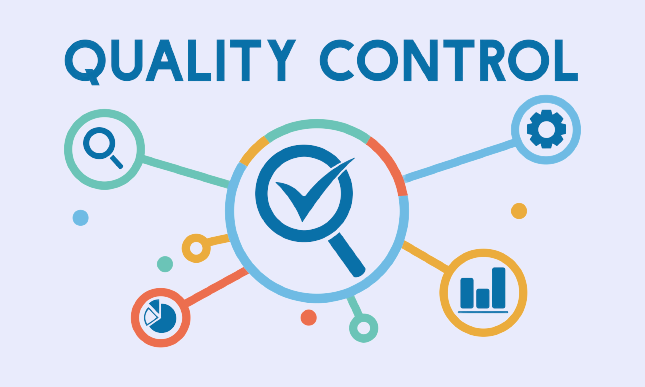Data Quality And How It Can Be Managed Well Online Marketing
Data is the fuel for modern-day businesses. However, did you know that 25% to 30% of data becomes redundant or obsolete per year? This decrease in data quality reduces the efficacy of your marketing campaigns so much so that it can cause your business to lose as much as $15 million per annum! Clearly, data quality is not something worth taking lightly and must be a top priority for businesses. In this post, we will explore how businesses can maintain data quality to aid marketing.
Importance of data hygiene in marketing

Before we explore the many ways in which one can manage data quality, allow us to preface it by citing a few benefits of this activity, especially from a marketing perspective:
- Personalization of product/services or marketing campaign relies on data quality.
- Since data drives business decisions, high-quality data is a prerequisite for accurate decision-making.
- It allows businesses to granularly segment audiences and run hyper-focused targeted campaigns.
- Knowing about customer preferences and aligning the campaigns accordingly increases engagement.
- High-quality data amplifies the results of sales and marketing campaigns, which uplifts revenue.
- Maintaining data hygiene can boost productivity as sales and marketing teams work with up-to-date and relevant data.
Tips for managing data quality
Define data quality standards

Setting a benchmark for data quality helps in ensuring that everyone across the organization is speaking the same language while defining “high-quality data.” To establish uniform values and terminologies surrounding data quality, Data & Analytics (D&A) leaders must involve key business stakeholders to set clear expectations and standardize these through a data quality improvement program.
Validate customer data

Whether you capture lead information through social media or contact forms in landing pages, validating data at these entry points can ensure and maintain quality. Data validation will filter out missing, incorrect, invalid, and incompatible data while filtering in error-free inputs.
Eliminate data silos

The ever-increasing number of data entry points has made it overwhelmingly impossible to maintain data quality. Further, the disparate data storage framework causes loss of data quality during transfers between sales and marketing. These issues can easily be overcome by establishing a unified database that can allow different teams to function cohesively by establishing a single source of truth.
Implement tools and technologies

Given the copious amount of marketing data available, it is virtually impossible to manage data quality manually. As such, tools for automation, data validation, database management, etc. can carry out a bulk of the task while escalating only relevant issues that need human intervention. Consider investing in such tools and platforms to ensure data fidelity.
Assign accountability

While sales and marketing primarily deal with customer data, maintaining data quality is an organizational responsibility. Since data is the foundational unit for a business’ success, assigning data quality responsibility to a team of data professionals can help with data governance.
Useful tools that will help you in your business growth and brand building:
Conclusion
Whether you rely on data for generating target user profiles or creating a marketing strategy, the success of this endeavor can only be guaranteed if you work with high-quality data. Hence, maintaining data hygiene can offer you the competitive advantage that positions your brand a cut above the rest.
To summarize everything discussed so far, data quality can be maintained by establishing data quality standards, validating customer data, eliminating data silos, implementing tools and technologies, and assigning accountability. Such proactive measures will empower businesses and allow them to extract the true value of data!




















